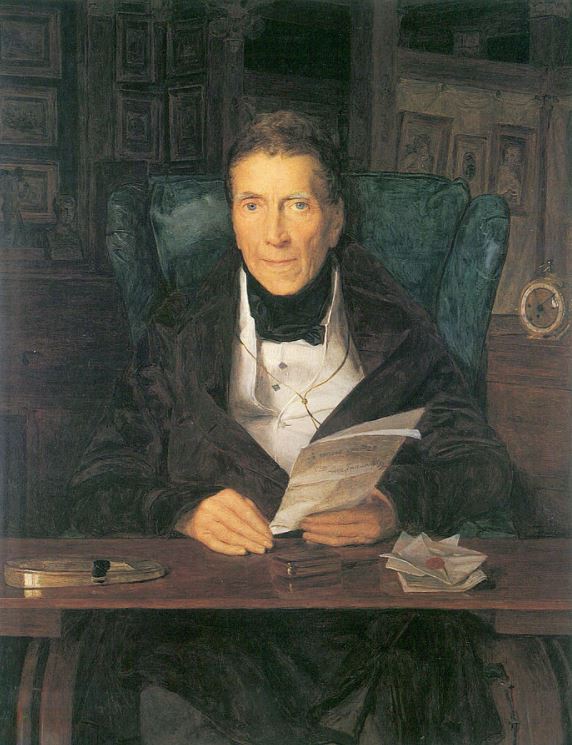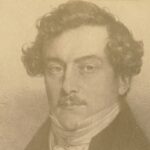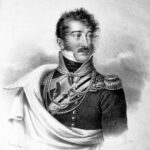Count Razumovsky (Andrey Kirillovich Razumovsky) was a Russian nobleman and ambassador in Vienna who was born in 1752 and died in 1836. He was one of the chief negotiators during the Congress of Vienna (where empires shaped the future of Europe after Napoleon; 1814-1815) representing Russian interests. Apart from his political career he was, more importantly, a music lover and admirer of Beethoven and as such, a very important patron in his life.
Razumovsky came from a family of musicians. His father started his career as a Court singer and was ennobled for his service. Some say the intimate relationship with the empresses Elizabeth Petrovna and Catherine the Great was also helpful…
The Count himself was good friend of the fair sex – as one friend described him. He had his fair share of conquests among the nobility including his wife, the sister of Prince Lichnowsky.
In 1808 he established his own string quartet, including the famous Viennese violinist Ignaz Schuppanzigh. He himself was a fair violin and a good torban player. As a violinist he was tutored by Haydn himself and often sat in as second violinist in house concerts.
Beethoven was often visiting the Razumovsky palace and the string quartet. Conductor Ignaz Seyfried wrote, “Beethoven was, as it were, cock of the walk in the princely establishment; everything that he composed was rehearsed hot from the griddle and performed to the nicety of a hair . . . just as he wanted it and not otherwise, with affectionate interest, obedience and devotion such as could spring only from such ardent admirers of his lofty genius, and with a penetration into the most secret intentions of the composer.”
His support for Beethoven starts as early as his first publication (1795), the Piano Trios Op.1., where he was one of the first subscribers.
Their most famous cooperation is the Razumovsky Quartets (Op.59.). Important part of the commission agreement was that all three compositions must have Russian folk themes, something Beethoven honored. 1806 was exceptionally fruitful for the composer and as such he finished all three string quartets (and many other significant pieces) between April and November.
As usual, reception of the work was mixed. In March, a review appeared in the Allgemeine Musikalische Zeitung: “Three new, very long and difficult violin quartets by Beethoven, dedicated to the Russian ambassador Count Razumovsky, also attract the attention of all connoisseurs. They are deep in conception and marvelously worked out, but not universally comprehensible, with the possible exception of the third one, in C major, which by virtue of its individuality, melody, and harmonic power must win over every educated friend of music.”
By this time Beethoven had stepped out of the shadows of Haydn and Mozart, and established himself by his own right. Opus 59. was a milestone signaling that another musical genre was conquered and owned. There was no need and possibility to compare his music to the Masters before him.
String quartets always have been the medium for connoisseurs and the Razumovsky Quartets (Op.59.) was exceptionally difficult to swallow. In many ways it is aggressive and bizarre – no wonder it took years to be liked by the audience.
Count Razumovsky got more than he paid for. Not only was The Razumovsky Quartets the most original and vast string quartet ever written until that time, but he got himself a name forever remembered, because of Beethoven.
During the Congress Razumovsky was at the peak of his fame and prestige. The last show by him was a party in his palace for seven hundred guests, including royalty such as the Tsar himself. The banquet was well under way, when one of the baking ovens overheated and flames erupted. His whole palace was on fire, buildings, stables, the chapel and all the art that had been collected for many years.
Although the Tsar gave him a loan of 700 thousand florins (an average wage for a court musician was around 300-400 florins a year) to recover, he never did. As a broken man in spirit, even his string quartet soon ceased to gather.







